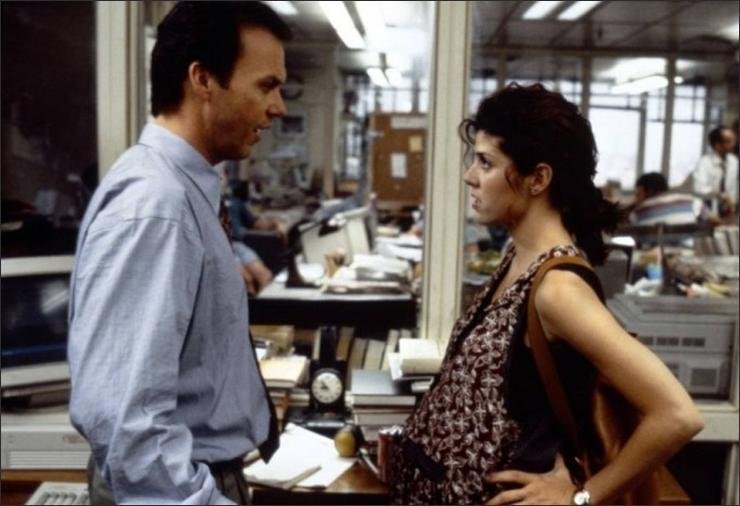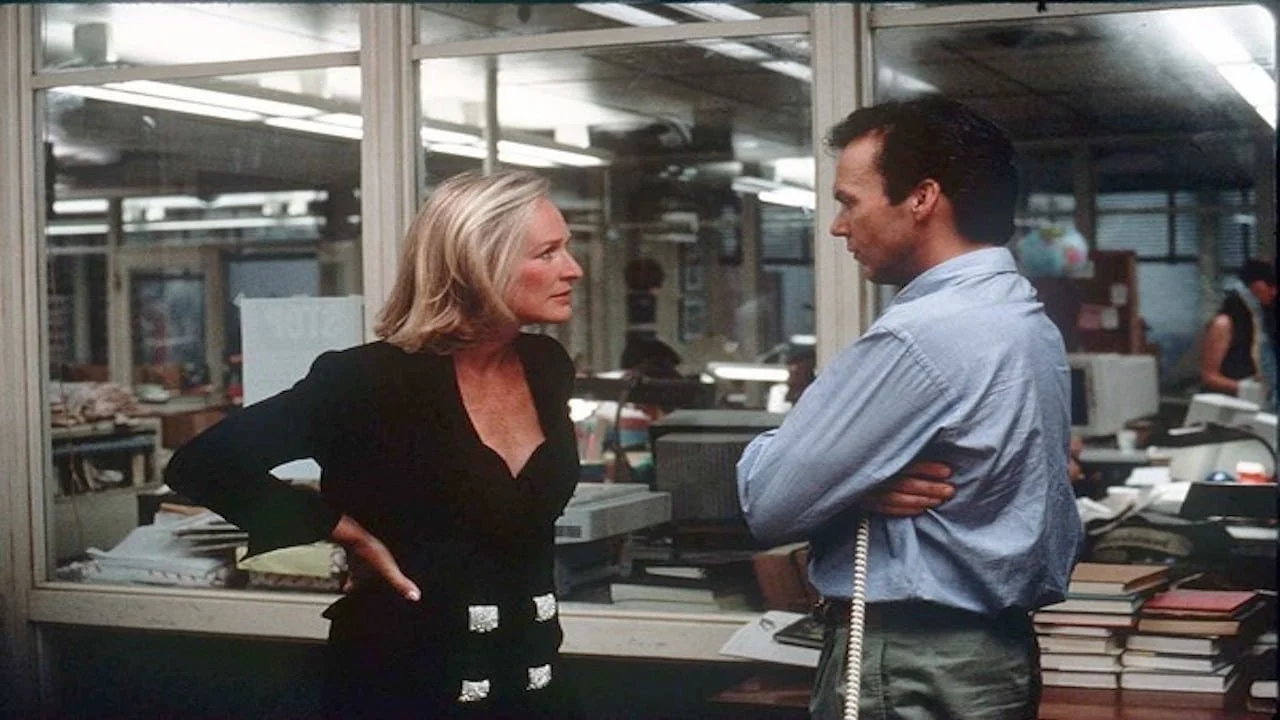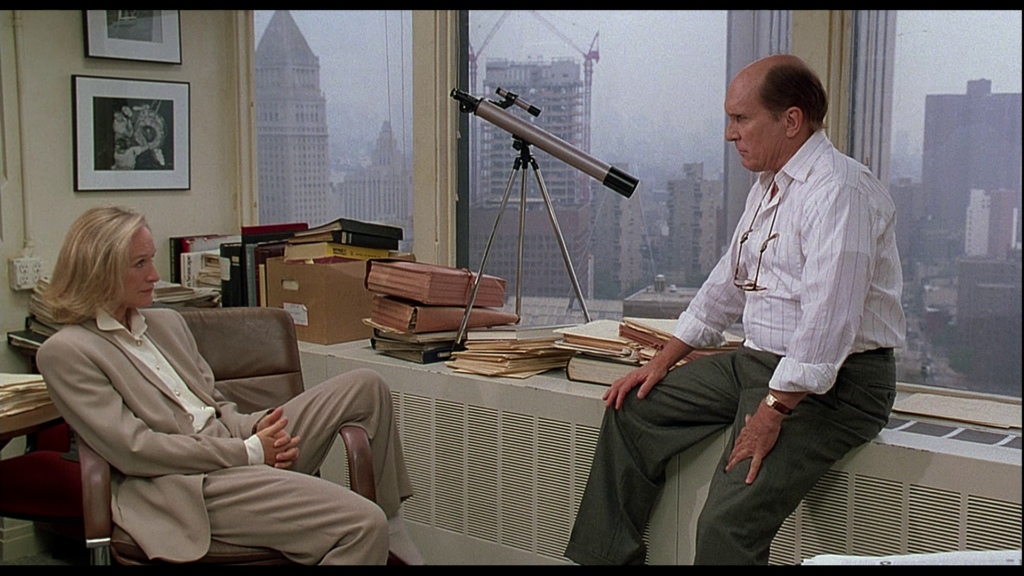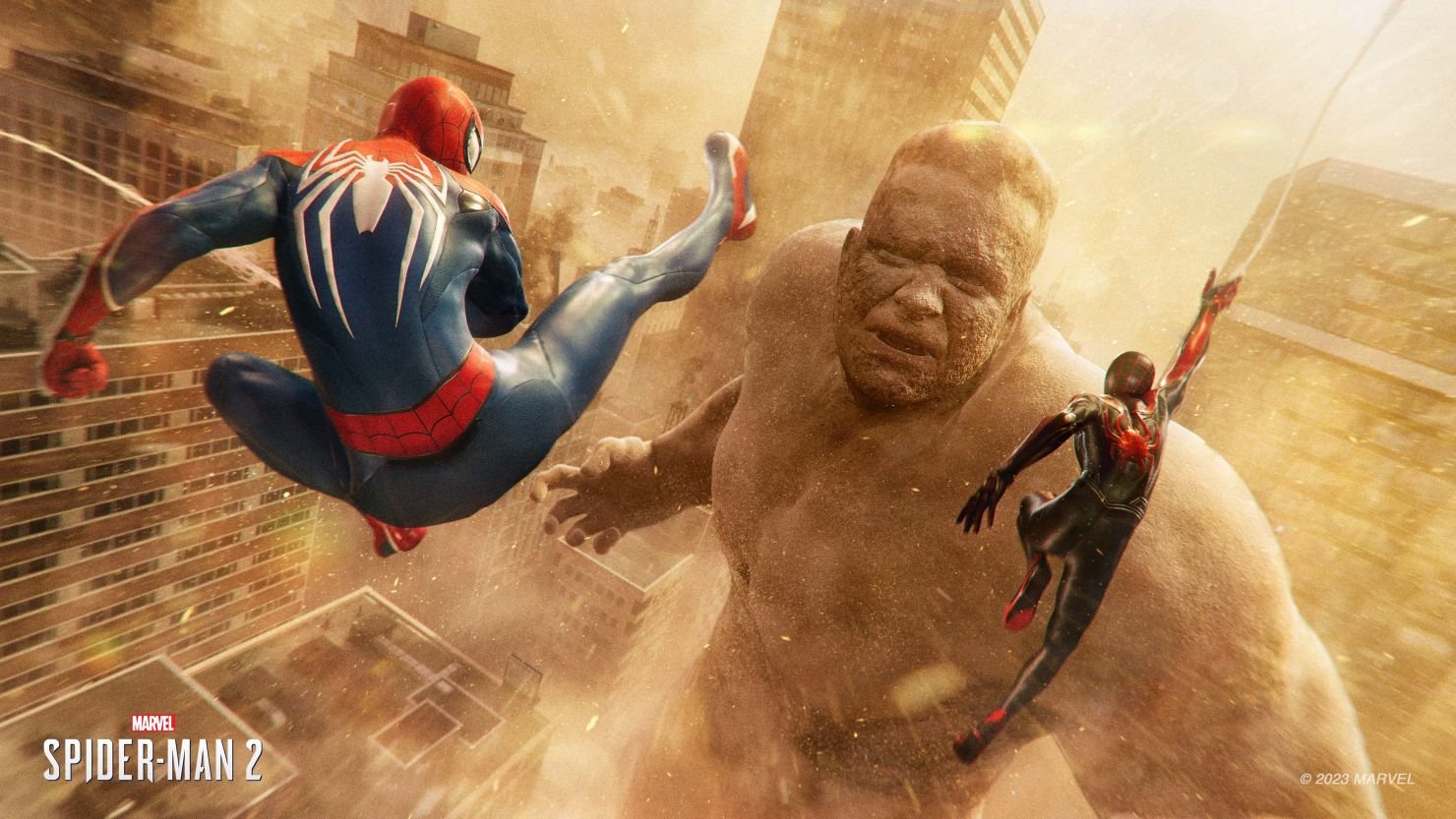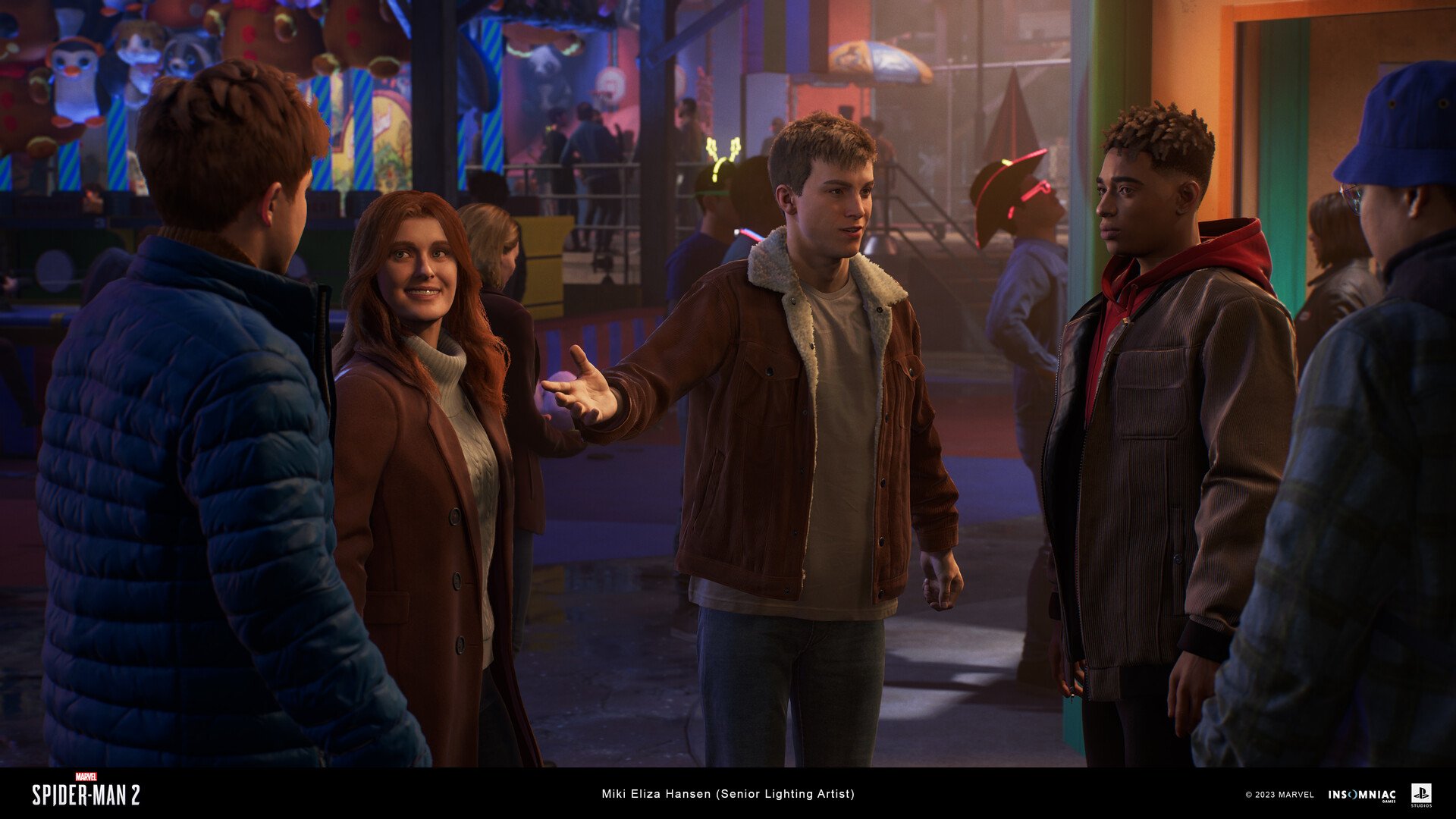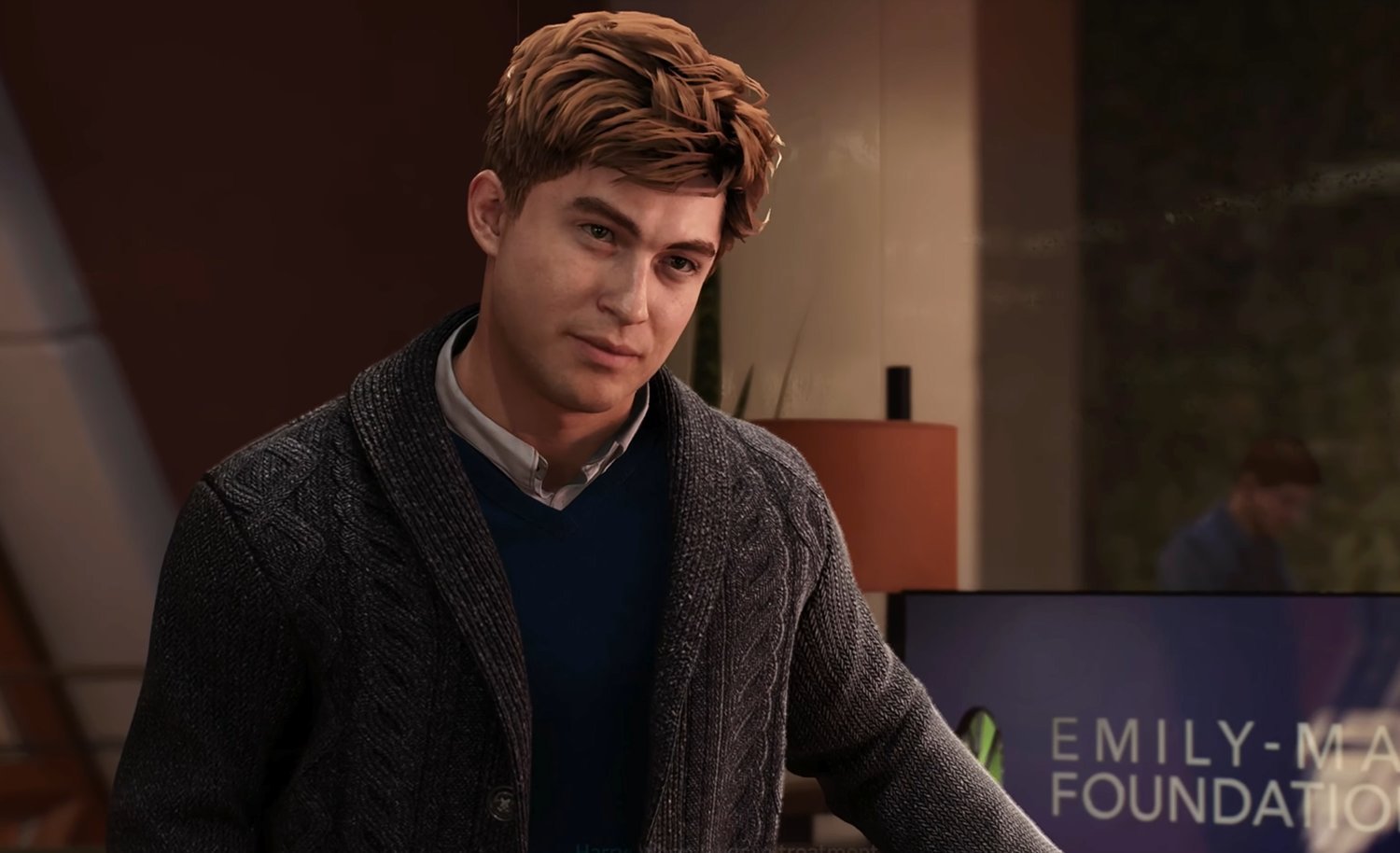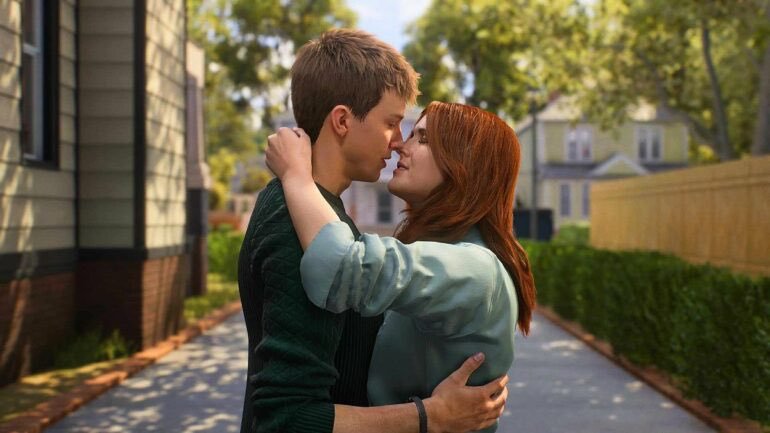We did it, team. We made it to another spooky season. So this is the point where I remind you that I’m really not a horror guy, but then I go on to tell you about something in the horror genre that I really enjoy. It’s true, horror is far from my favorite, but when it’s done well, I really appreciate it. And there is one offshoot of the horror genre that I actually do love: the horror-comedy.
On the surface, it seems like an incongruous set of ideas. If horror films and series act as a stand-in for tribal rites of passage or act to satiate our evolutionary instincts that have taken a back burner because we don’t really have to worry about being eaten by wolves for the most part anymore, adding comedy to the mix doesn’t seem like a great idea. But it really is. They can vary from creepy with a side of comedy to being fully farcical parodies like the Scary Movie franchise, so horror-comedies have a lot to offer even true fans of horror and non-fans alike.
So let’s talk about the 2011 remake of Fright Night. I say this without ever having seen the original 1985 film or its sequel that I didn’t know existed until two days ago, but I have to say, I genuinely and thoroughly enjoy this film and upon watching it for only the second time recently, I think I’ve got to confer unto it hidden gem status. I’m fully aware of how it was received critically, with an RT score of 72% and just 64 on Metacritic; and I know how I normally feel about movies in the 70% range, but this is definitely one of the exceptions. Fright Night is a surprisingly strong entry into the world of horror-comedy.
It’s a fairly breathless ride. The movie starts in media res, setting up the premise. Bad things are happening and people are dying and it gets really bloody. Vampires and all that, they seem to always forget their manners. But then you cut to Charley Brewster (played by the very talented late Anton Yelchin) walking his dirt bike home and chatting with his pretty neighbor before his mom (played by the always excellent Toni Collette) gets on his case for leering. Charley is a fairly typical teenager, trying to shed his nerd past in an effort to be perceived as cool and do all the things being a nerd can sort of lock you out of socially when you’re high schooler surrounded by high school-aged minds. I remember these days well, back when nerd culture wasn’t mainstream and, though the memories are fading quickly, I also remember what it was like to be a teenager unsure of yourself, so I commiserate with his plight. Some typical chauvinist teenage banter ensues, but it doesn’t last long before Charley’s nerd past rears its ugly head in the form of McLovin from Superbad (Christopher Mintz-Plasse, who plays a variation on the roles you know and love from him, but with a neat twist). He ambushes Charley after class and lays it on him—the empty seats and Bueller moments in the morning roll call aren’t kids skipping class; they’re being eaten by a vampire and that vampire turns out to be the sexy next door neighbor digging out the concrete under his house for some unknown reason. See, Charley has this new popular girlfriend (played by Imogen Poots, who seemed to be Yelchin’s horror partner; she’s also great in the very good, but not very funny film Green Room with him) whom he is desperate to keep from finding out that his deep dark LARPing secrets, so when McLovin threatens him with exposure, he agrees to go with him on his recon mission.
And from there, the movie just flies. In about 10 to 12 minutes, you’re in on everything and Charley has been brought up to speed. Fright Night is not a movie that’s interested in keeping you waiting or keeping the main characters in the dark. It doesn’t take long before you’re thrown into the deep end and so are they. What results is a legitimately funny, action-packed locomotive ride to the end of movie, with very few stops along the way. The inimitable David Tennant plays Peter Vincent, a Criss Angel-like illusionist who claims to have occult knowledge of things like vampires, and he absolutely crushes the role. As someone who has never been a Doctor Who fan, I am quite the big fan of Tennant (his pandemic show Staged with Michael Sheen is a particular high point for me and he just seems like an all around good guy) and he does not disappoint in Fright Night. If I had been on the fence about the movie until his appearance, his performance absolutely pushes me over into the solid like side. Tennant plays the role of Peter Vincent with such aplomb and charm that, well, he doesn’t really need vampire mind control powers to get you in a trance. He’s just that good.
After speaking to Peter Vincent, Charley gears up for the final showdown. He does what any high school kid would do when faced with a supernatural monster—he heads to the local hardware store and loads up in a way that feels very familiar if you’ve seen Stranger Things before this. I’m not certain that scene is a reference to Fright Night, but I really do like to think it is. I know I’ve come across a fair few inquisitive cashiers in my time, so it’s probably a juxtaposition of a common occurrence into a fantastical setting, but, well, we humans are wired to find patterns and connections, so let me have this one. It’s certainly more fun than when the cashier comments on my pint of Americone Dream, boxes of frozen White Castle, and takeaway container of store-made pasta salad (that counts as a vegetable, right?). Why yes, I am having a party; I just happen to be the only one invited. Anyway, it was always going to end in a final showdown (between Charley and Colin Farrell, not me and the cashier, I don’t get down like that) and the movie comes to a satisfying ending. Horror-comedies that have tonally difficult endings are a problem that can muddle the whole experience, but no splash on this one. It’s a solid conclusion.
And that’s really kind of it for the movie; without just recapping what goes on, since it moves at such a breakneck pace after a relatively short preamble, I can’t go much deeper into it without spoiling the film for you. It’s 106 minutes of turn your brain off fun. By comparison, 106 minutes into Jurassic World: Dominion—which definitely requires you to turn your brain off, but the fun part is a missing component—you probably still think the movie is about dinosaurs and not about giant bugs. If you feel like you need something like that this season, in this particularly scary October, Fright Night might be the movie for you. At the time of posting, Fright Night is available on Peacock and Hulu, as well as being on Tubi, which is free to use (without an account, if I recall correctly), with ads being the only inconvenience. I think you should give it a try.



